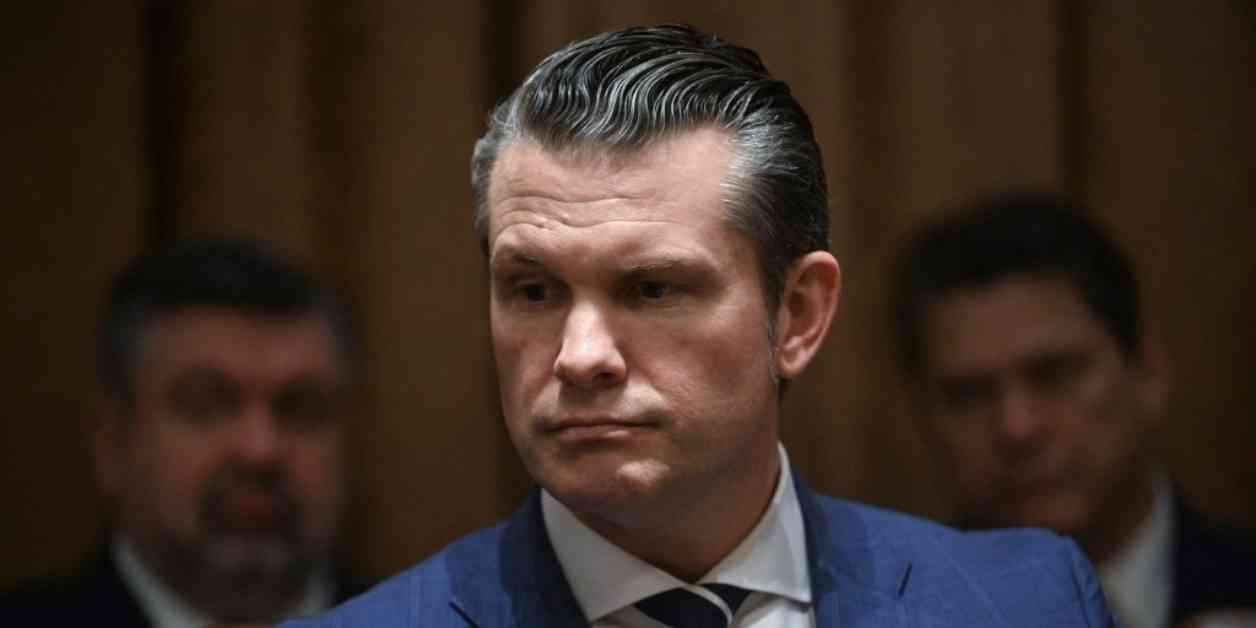Defense Secretary Pete Hegseth has issued a directive to U.S. Cyber Command to cease all offensive cyber operations and information campaigns targeting Russia, according to a source familiar with the situation. This decision, conveyed to the command’s leader Air Force Gen. Tim Haugh in late February, reflects an intriguing shift in cybersecurity strategy, raising questions about the duration of this directive.
A high-ranking U.S. defense official, citing operational security concerns, refrained from elaborating on the rationale behind this order. However, emphasizing Secretary Hegseth’s unwavering commitment to safeguarding military personnel across all operational domains, including cyberspace, underscores the significance of this policy shift.
The U.S. Cybersecurity and Infrastructure Security Agency, a key component under the Department of Homeland Security, reiterated its dedication to defending against cyber threats to critical American infrastructure, notably from Russia. Despite this, representatives from U.S. Cyber Command and the Russian Embassy have yet to respond to requests for comments on this development.
### Implications of the Directive
President Donald Trump’s recent diplomatic overtures to Russia, including efforts to restore embassy staffing and expedite peace negotiations in Ukraine, have set the stage for a dramatic geopolitical pivot. However, a meeting between Trump, Ukrainian President Volodymyr Zelenskyy, and Vice President JD Vance devolved into a stalemate, with Trump urging Zelenskyy to adopt a more conciliatory stance towards Russian President Vladimir Putin.
This diplomatic impasse further escalated when the signing of an agreement securing the U.S. a substantial stake in Ukraine’s rare-earth minerals was delayed. Senate Minority Leader Chuck Schumer criticized the decision to halt offensive cyber operations against Russia, characterizing it as a misguided attempt to curry favor with Putin.
### Assessing the Cyber Threat Landscape
The Biden administration’s characterization of Russia as an enduring global cyber threat is underscored by the Russian Foreign Intelligence Service’s targeting of U.S. government entities, energy facilities, and aviation, among other critical sectors. The Office of the Director of National Intelligence’s 2024 threat assessment highlights Russia’s sophisticated cyber capabilities, which extend to critical infrastructure in allied and partner nations.
Microsoft’s 2024 digital defense report sheds light on Russia’s intensified cyber activities, with a particular focus on Ukraine and NATO countries. These operations, aimed at acquiring intelligence on Ukrainian military operations and disrupting global computer networks, underscore the intricate web of cybersecurity challenges facing the international community.
In conclusion, Secretary Hegseth’s decision to suspend offensive cyber operations against Russia heralds a new chapter in U.S.-Russia relations, underscoring the complex interplay between cybersecurity, diplomacy, and national security in an increasingly digitized world. As geopolitical tensions ebb and flow, the need for nuanced, agile cybersecurity strategies remains paramount to safeguarding critical infrastructure and preserving global stability.


